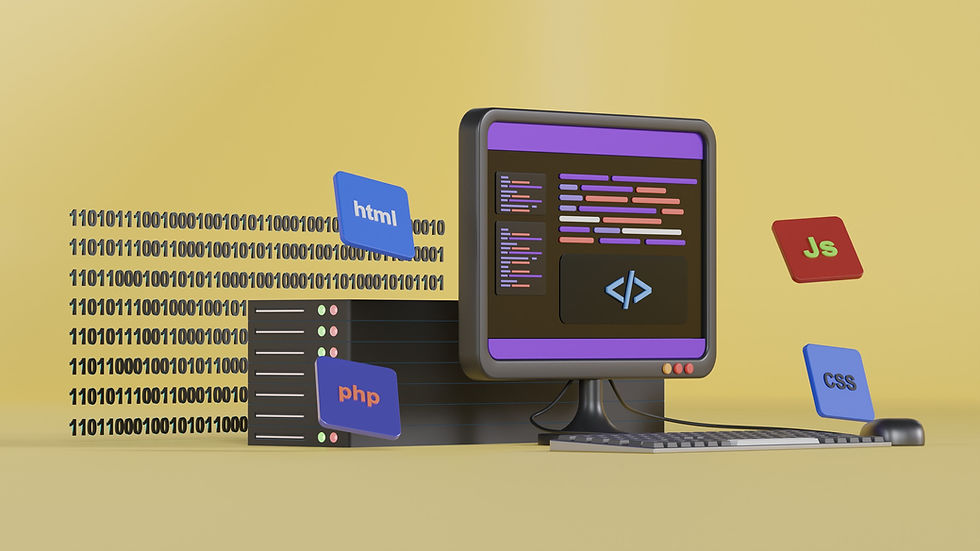Introduction: JavaScript is one of the most widely used programming languages in the world, known for its versatility and power in web development. As a pro-level developer, it's crucial to understand how JavaScript stacks up against other programming languages. In this blog post, we'll delve deep into JavaScript's features, strengths, and compare them with other languages commonly used in software development.

JavaScript: An Overview JavaScript, often referred to as the "language of the web," is a high-level, dynamic, and versatile programming language. It is primarily used for front-end web development to make web pages interactive and dynamic, but it has expanded its reach into back-end development and even mobile app development with technologies like Node.js and React Native.
Comparing JavaScript with Other Programming Languages
JavaScript vs. Python:
Syntax: JavaScript and Python are both known for their readability and clean syntax. However, Python is often considered more beginner-friendly due to its whitespace-based formatting, which enforces clean code.
Use Cases: JavaScript is primarily used for web development, while Python is versatile, used in web development, data analysis, machine learning, and more.
Performance: In terms of raw performance, JavaScript is generally faster due to its just-in-time compilation, while Python is an interpreted language.
JavaScript vs. Java:
Type System: JavaScript is dynamically typed, whereas Java is statically typed. This means that JavaScript is more flexible but can lead to runtime errors, while Java catches type-related errors at compile time.
Platform: Java is often used for building desktop applications, Android apps, and large-scale enterprise systems, while JavaScript is focused on web-based applications.
Concurrency: JavaScript is single-threaded, while Java supports multi-threading and is often used for high-performance server-side applications.
JavaScript vs. Ruby:
Community and Ecosystem: JavaScript has a larger and more diverse ecosystem with extensive libraries and frameworks, whereas Ruby has a strong focus on web development with its Ruby on Rails framework.
Conciseness: Ruby is known for its concise and elegant syntax, which can lead to more expressive and less verbose code compared to JavaScript.
Performance: JavaScript often outperforms Ruby due to its just-in-time compilation, which is well-suited for web applications that require real-time interactions.
JavaScript vs. C++:
Performance: C++ is a compiled language and is often used for system-level programming and high-performance applications, making it faster than JavaScript.
Memory Management: JavaScript uses automatic memory management (garbage collection), while C++ requires manual memory management, offering more control but also more room for errors.
Development Time: JavaScript is more accessible and requires less development time, making it suitable for rapid web development.
As a pro-level developer, understanding the strengths and weaknesses of JavaScript compared to other programming languages is essential. JavaScript's adaptability and extensive ecosystem make it a dominant force in web development. However, other languages, like Python, Java, Ruby, and C++, offer unique advantages that can be leveraged in different contexts.
Ultimately, the choice of programming language depends on the project's requirements, your team's expertise, and the specific use case. JavaScript remains a powerful tool in your programming toolkit, and by being well-versed in its strengths and limitations, you can make informed decisions and excel in your software development endeavors.

Comments